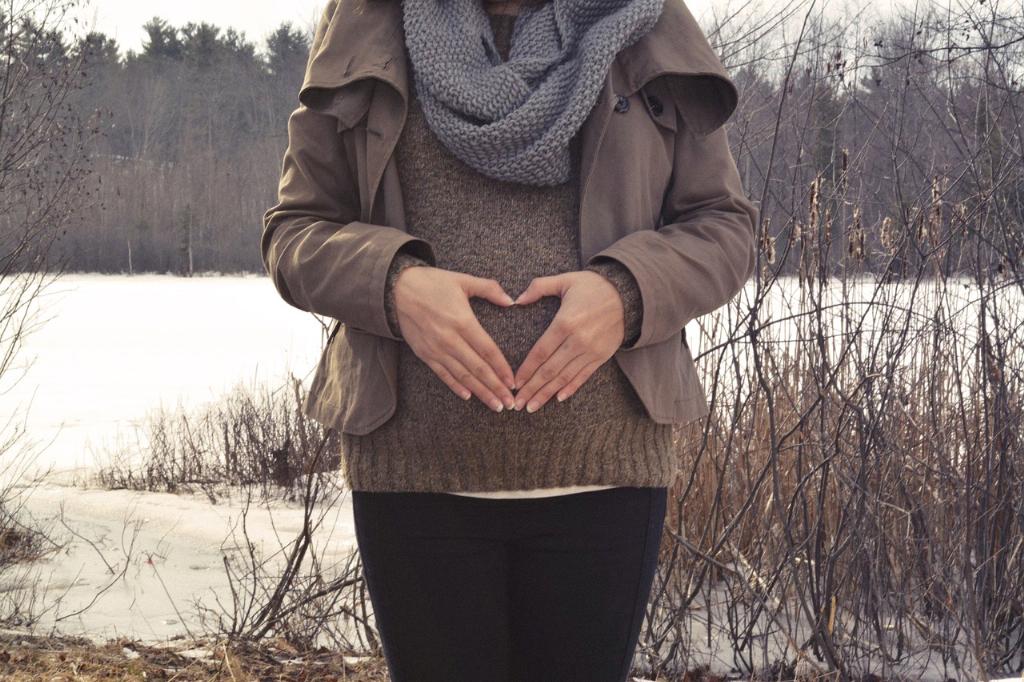Experiencing stomach pain above your C-section incision can be concerning and uncomfortable, but it is essential to understand the potential reasons behind this discomfort. In some cases, the pain may be attributed to tension or pressure in the abdomen area caused by the formation of scar tissue from the C-section procedure. This scar tissue can lead to sensitivity and pain in the surrounding areas, including above the incision.
Another common cause of stomach pain above a C-section incision is the buildup of scar tissue itself. As the body heals from the surgical incision, scar tissue forms as a natural part of the recovery process. However, in some instances, this scar tissue can become thick or dense, exerting pressure on the surrounding tissues and nerves, leading to discomfort or pain in the upper abdominal region.
It is essential to note that individual experiences with C-section scar pain can vary widely. Factors such as the surgical technique used, the individual’s healing process, and their unique anatomy can all contribute to the presence and intensity of scar-related pain above the incision site. Consulting with a healthcare provider is crucial to receive a proper evaluation and personalized treatment recommendations.
In addition to scar tissue-related causes, other factors may also contribute to stomach pain above a C-section incision. For example, underlying issues such as adhesions, hernias, or muscle strains in the abdominal wall can manifest as discomfort or tenderness in the region above the incision. These conditions may require specific medical interventions to address the root cause of the pain.
Furthermore, individuals who have undergone multiple C-sections may be more prone to experiencing stomach pain above their incisions. With each successive surgery, the likelihood of increased scar tissue formation and adhesion development rises, potentially leading to heightened sensitivity and discomfort in the abdominal area. Proper monitoring and management of these issues are essential for long-term health and well-being.
Managing stomach pain above a C-section incision often involves a multifaceted approach tailored to the individual’s unique circumstances. In some cases, conservative measures such as gentle massage, warm compress application, or over-the-counter pain medications may provide temporary relief from mild discomfort. However, persistent or severe pain should prompt a thorough evaluation by a healthcare professional.
For individuals experiencing chronic or debilitating stomach pain above their C-section incision, more advanced interventions may be necessary. Physical therapy, targeted exercises to improve abdominal strength and flexibility, or minimally invasive procedures to address scar tissue buildup or adhesions could be recommended by a healthcare provider to alleviate symptoms and enhance overall quality of life.
Emotional support and counseling can also play a crucial role in helping individuals cope with the physical and psychological aspects of living with chronic scar-related pain. Dealing with ongoing discomfort and limitations in daily activities can take a toll on mental well-being, and seeking professional guidance can aid in developing coping strategies and resilience.
Engaging in self-care practices such as stress management techniques, mindfulness exercises, or relaxation therapies may complement medical treatments for stomach pain above a C-section incision. Creating a holistic approach to managing pain can enhance overall outcomes and contribute to a sense of empowerment and agency in navigating the challenges of post-surgical recovery.
Educating oneself about the potential causes of stomach pain above a C-section incision and staying informed about available treatment options is an essential aspect of proactive healthcare management. Seeking out reputable sources of information, asking questions during medical appointments, and advocating for personalized care can empower individuals to make informed decisions about their health and well-being.
In conclusion, stomach pain above a C-section incision can stem from various factors, including scar tissue formation, adhesions, and underlying abdominal conditions. Understanding the underlying causes of discomfort, seeking appropriate medical guidance, and exploring comprehensive treatment approaches are crucial steps in addressing and managing this type of pain effectively. By taking a proactive approach to self-care, individuals can optimize their recovery journey and strive towards improved quality of life.

